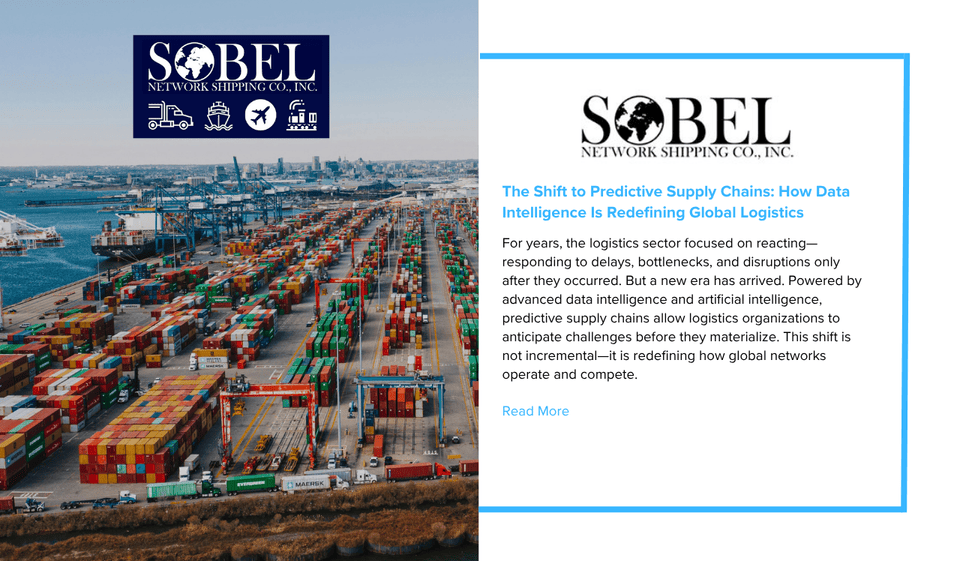For years, the logistics sector focused on reacting—responding to delays, bottlenecks, and disruptions only after they occurred. But a new era has arrived. Powered by advanced data intelligence and artificial intelligence, predictive supply chains allow logistics organizations to anticipate challenges before they materialize. This shift is not incremental—it is redefining how global networks operate and compete.
From Reactive to Proactive: The New Logistics Mindset
The evolution toward predictive logistics represents a fundamental change in operational philosophy. Instead of relying on historical data alone, modern systems combine machine learning, behavioral patterns, and real-time signals to forecast future conditions. Traffic flow, weather volatility, port congestion, SKU velocity, supplier reliability—each factor becomes part of a unified forecasting engine that guides decision-making at scale.
For logistics technology teams, this transformation unlocks new opportunities. Software isn’t just supporting operations—it is architecting them. Custom-built platforms, integrated data layers, and adaptive analytics now form the foundation of high-performing supply chains.
Turning Massive Data Into Operational Clarity
Supply chains generate more raw data than ever—telematics, order scans, IoT sensors, route updates, satellite feeds, fleet diagnostics, and more. The challenge isn’t acquiring data; it’s normalizing it, contextualizing it, and making it actionable.
Modern logistics requires systems that can harmonize data across ERPs, TMS platforms, WMS solutions, IoT devices, and partner networks. When developers unify fragmented data into a single source of truth, supply chains move beyond tracking and into intelligent prediction. Ethical data governance, cybersecurity, and transparent analytics are now essential pillars of the digital supply chain.
Predictive Analytics: The Engine of Modern Logistics
Predictive analytics has become the operational brain of the supply chain. It allows organizations to forecast demand, anticipate delays, optimize inventory, and detect risk long before it escalates.
Where Predictive Analytics Delivers Value
| Logistics Function | Predictive Application | Impact |
|---|---|---|
| Inventory Management | Demand forecasting & replenishment planning | Reduces stockouts and excess inventory |
| Fleet Management | Predictive maintenance | Cuts downtime and repair costs |
| Delivery Operations | Route optimization & ETA prediction | Improves speed and reliability |
| Procurement | Supplier risk modeling | Strengthens supply continuity |
| Customer Experience | Proactive delay notifications | Improves transparency and trust |


